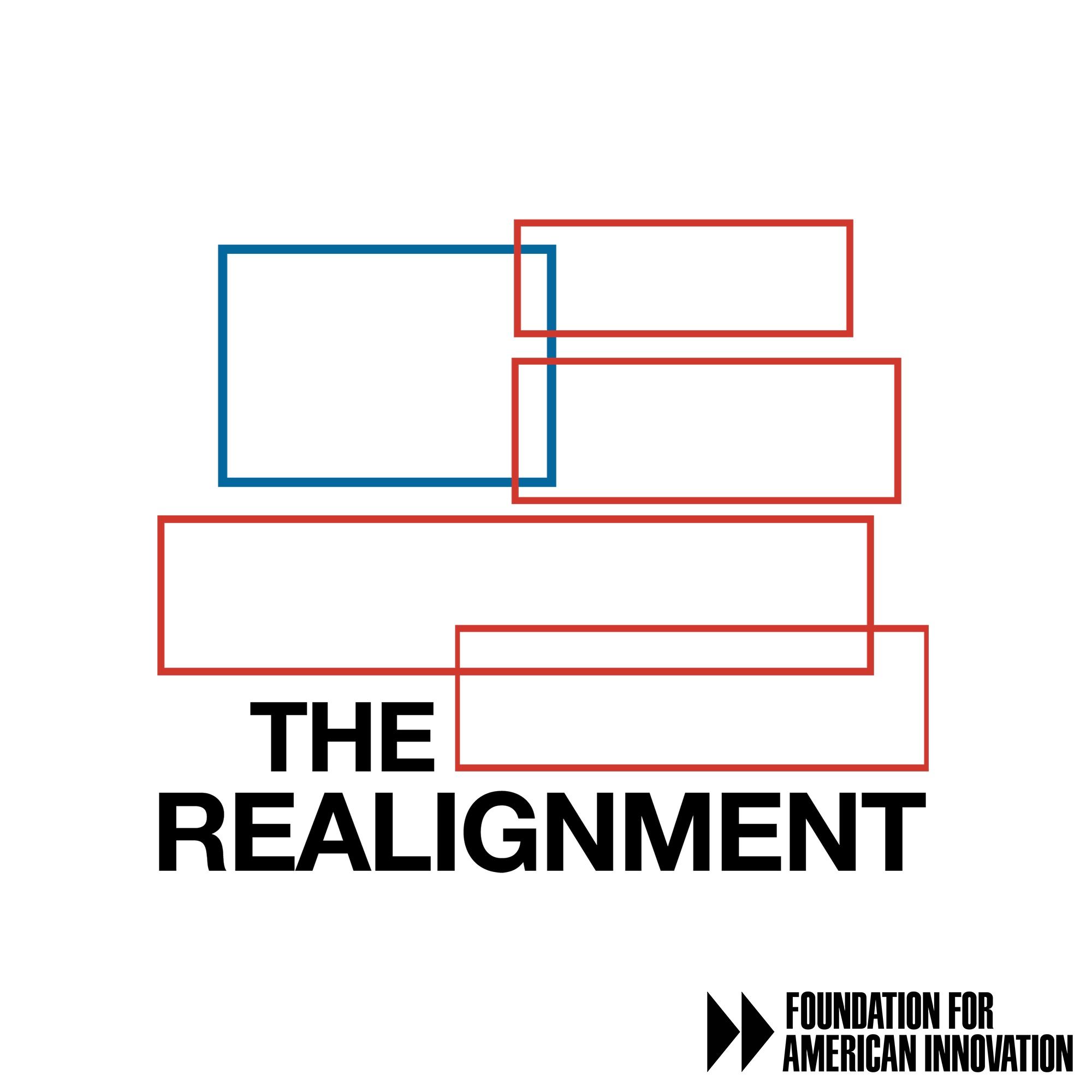- After-Shows
- Alternative
- Animals
- Animation
- Arts
- Astronomy
- Automotive
- Aviation
- Baseball
- Basketball
- Beauty
- Books
- Buddhism
- Business
- Careers
- Chemistry
- Christianity
- Climate
- Comedy
- Commentary
- Courses
- Crafts
- Cricket
- Cryptocurrency
- Culture
- Daily
- Design
- Documentary
- Drama
- Earth
- Education
- Entertainment
- Entrepreneurship
- Family
- Fantasy
- Fashion
- Fiction
- Film
- Fitness
- Food
- Football
- Games
- Garden
- Golf
- Government
- Health
- Hinduism
- History
- Hobbies
- Hockey
- Home
- How-To
- Improv
- Interviews
- Investing
- Islam
- Journals
- Judaism
- Kids
- Language
- Learning
- Leisure
- Life
- Management
- Manga
- Marketing
- Mathematics
- Medicine
- Mental
- Music
- Natural
- Nature
- News
- Non-Profit
- Nutrition
- Parenting
- Performing
- Personal
- Pets
- Philosophy
- Physics
- Places
- Politics
- Relationships
- Religion
- Reviews
- Role-Playing
- Rugby
- Running
- Science
- Self-Improvement
- Sexuality
- Soccer
- Social
- Society
- Spirituality
- Sports
- Stand-Up
- Stories
- Swimming
- TV
- Tabletop
- Technology
- Tennis
- Travel
- True Crime
- Episode-Games
- Visual
- Volleyball
- Weather
- Wilderness
- Wrestling
- Other
399 | Robert D. Kaplan: America Between Empire & Anarchy in the Greater Middle East
Subscribe to The Realignment to access our exclusive Q&A episodes and support the show: https://realignment.supercast.com/REALIGNMENT NEWSLETTER: https://therealignment.substack.com/PURCHASE BOOKS AT OUR BOOKSHOP: https://bookshop.org/shop/therealignmentEmail Us: realignmentpod@gmail.comFoundation for American Innovation: https://www.thefai.org/posts/l....incoln-becomes-faiRo D. Kaplan, author of The Loom of Time: Between Empire and Anarchy, from the Mediterranean to China and The Tragic Mind: Fear, Fate, and the Burden of Power, joins The Realignment. Robert and Marshall discuss his conceptualization of the "Greater Middle East," stretching from the Mediterranean to China, the case for "realism" when approaching the challenges and opportunities of the region, the tension between stability and anarchy, and the best and worst cases for foreign policy over the next decade. Robert also covers his previous work on the benefits of viewing recent geopolitical crises through the lens of ancient and modern tragedy.

